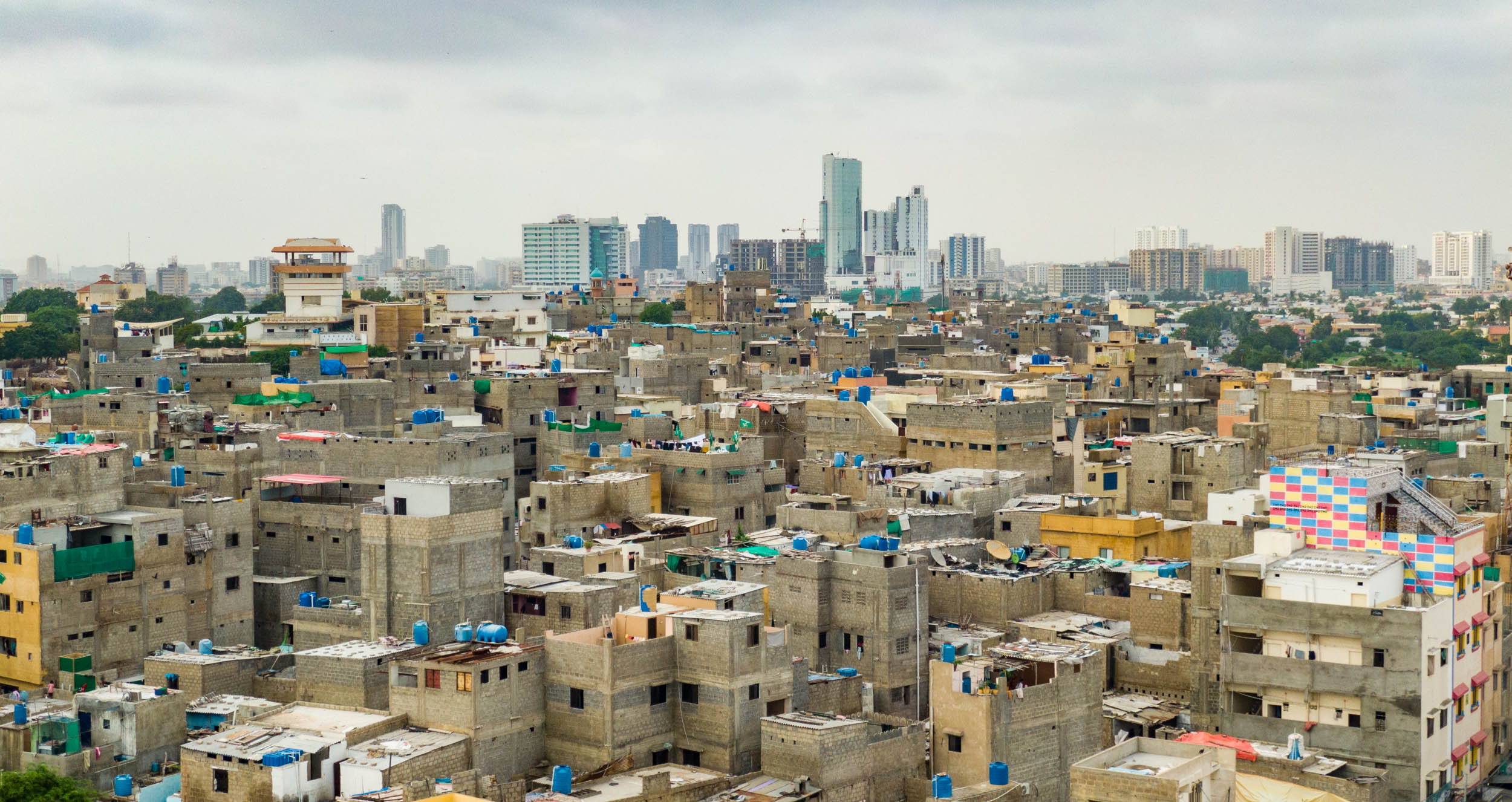Affordable Housing Policy: Effectiveness and Social Impact

The document titled “Affordable Housing Policy: Effectiveness and Social Impact” provides a comprehensive analysis of the state of affordable housing in Pakistan, assessing various policies, their effectiveness, and the social implications of housing shortages.
Introduction
The introduction highlights the critical need for affordable housing in Pakistan, exacerbated by rapid urbanization, population growth, and economic challenges. The country faces a significant housing deficit, estimated at around 10 million units, primarily affecting low and middle-income families who struggle to access adequate housing due to soaring property prices and limited financial resources.
Current Policies
The document discusses several key government initiatives aimed at addressing the housing crisis:
- Naya Pakistan Housing Program (NPHP): Launched in 2018, this program aims to construct five million affordable homes for low and middle-income families. It encourages collaboration between private developers and financial institutions to facilitate home ownership.
- Mera Pakistan Mera Ghar (MPMG): This initiative provides low-interest financing options for eligible families looking to buy or build homes. While these programs represent significant steps toward alleviating housing shortages, their actual implementation has faced numerous challenges.
Challenges in Implementation
Despite the government’s efforts, several obstacles hinder the effective implementation of affordable housing policies:
- Land Availability and Costs: Urban land is scarce and expensive, making it difficult to develop affordable housing projects. Many initiatives are located on city outskirts where infrastructure is lacking.
- Bureaucratic Hurdles: Complex regulations and lengthy approval processes discourage investment from developers, leading to increased costs and delays in project completion.
- Access to Financing: High-interest rates and limited access to credit remain significant barriers for low-income families trying to secure housing loans.
Role of the Private Sector
The document emphasizes the importance of private sector involvement in addressing the affordable housing crisis. Public-private partnerships are essential for creating sustainable housing solutions. The private sector can contribute by:
- Developing innovative financing models.
- Enhancing infrastructure development.
- Engaging in community-focused projects that cater to local needs.
Social Impact
The social implications of inadequate housing are profound. The lack of affordable options leads to increased squatting and informal settlements, which often lack basic amenities such as water, sanitation, and electricity. This situation exacerbates social inequalities and hampers economic development.Affordable housing is not merely a matter of shelter; it is integral to improving living standards, reducing poverty, and fostering social stability. The document argues that effective housing policies can significantly enhance quality of life for millions of Pakistanis.
Future Prospects
Looking ahead, the document outlines potential pathways for improving the affordable housing landscape in Pakistan:
- Policy Reforms: Streamlining regulatory processes and enhancing transparency can attract more investment into the sector.
- Community Engagement: Involving local communities in planning and decision-making can ensure that housing solutions meet actual needs.
- Innovative Financing: Exploring new financing models that cater specifically to low-income households can improve access to homeownership.
Conclusion
In conclusion, while Pakistan’s government has initiated several promising policies aimed at addressing the affordable housing crisis, significant challenges remain. A multi-faceted approach involving collaboration between government entities, private developers, financial institutions, and communities is essential for creating effective solutions. By prioritizing affordable housing as a fundamental right, Pakistan can work towards a future where all citizens have access to safe and secure living conditions.This document serves as a call to action for all stakeholders involved in the affordable housing sector to unite efforts towards achieving sustainable development goals related to housing accessibility in Pakistan.
Further reading:
Affordable Housing Policies in Pakistan
Real Estate Investing Podcast truthaboutrealestateinvesting
Affordable Housing in Pakistan: Current Scenario, Future Prospects … linkedin


Fantastic post.Thanks Again. Awesome.
Thank you so much.